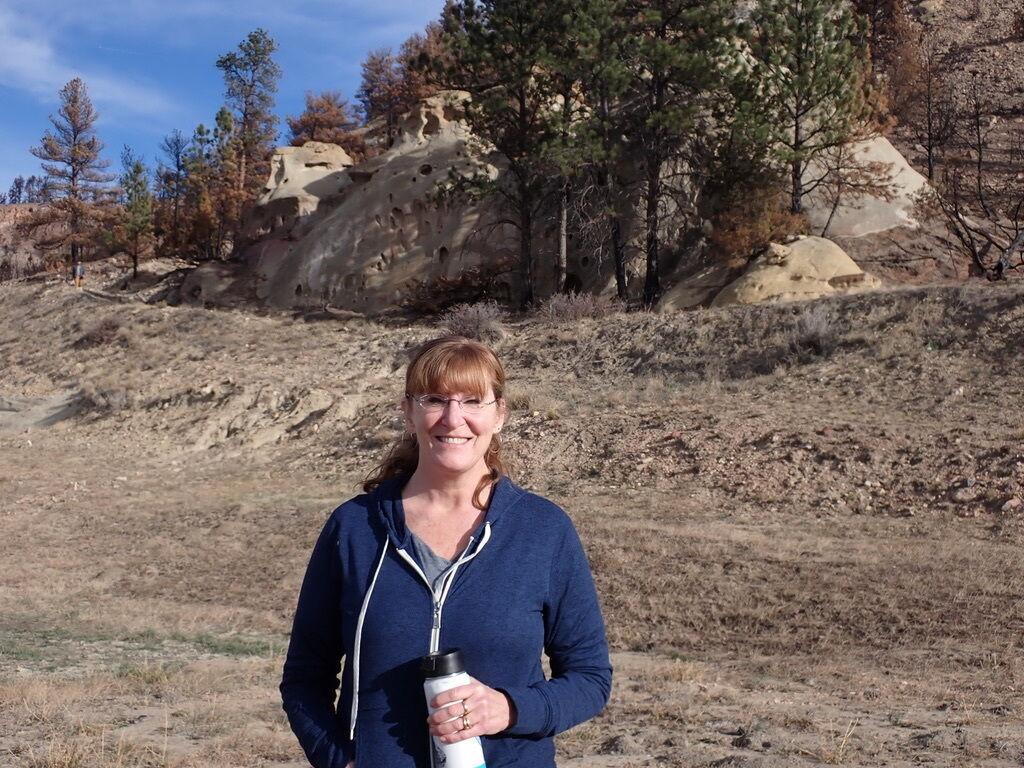By Anne Hedges, Montana Standard

I read the story on the proposed Fire opencut mine near Libby with great interest and frustration. Libby Rep. Steve Gunderson’s HB 599 is now paving the way for Thompson Contracting Inc. to develop a 14.4-acre gravel pit near his constituents’ homes, regardless of their concerns about noise, dust or water quality impacts. Honestly, the whole situation reminds me of Frankenstein: Dr. Frankenstein worked so hard to create something he could be proud of that he didn’t realize he created a monster. And just like in Frankenstein, if the cause of the suffering isn’t dealt with, it’s just going to get worse.
During the 2021 legislative session, people across Montana labored to defeat HB 599 due to the harmful impacts it would have on air quality, water rights, water quality, noise, dust and property rights. The Legislature turned a deaf ear to overwhelming public concern, even after hearing that a neighbor to a Gallatin County gravel pit had an appraiser decrease her property value by 50% after an opencut operation opened near her home.
The majority of legislators, including Rep. Gunderson, shrugged off these community concerns or claimed they were false. Proponents wrongly (and somewhat callously) said that only rural Montana would suffer the consequences of this misguided bill. They were wrong. All Montanans near proposed opencut gravel operations will suffer from the consequences of changes in the law, regardless of whether they are in rural areas or in more populated parts of the state.
I’m sorry to see the people of Libby suffer the same fate as others across this state. Due to the passage of HB 599, Montana Department of Environmental Quality (DEQ) has fewer tools available to protect Montanans. The new law eliminates DEQ’s ability to protect people from the noise or visual blight of an opencut gravel mine, regardless of its size or location. DEQ can no longer mitigate fire danger or dangerous traffic impacts to communities. It can no longer limit operating hours, leaving neighbors to suffer through late night or early morning heavy equipment noise and truck traffic on their roads.

